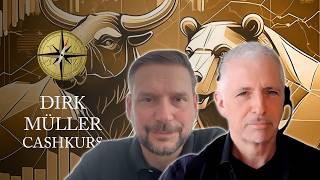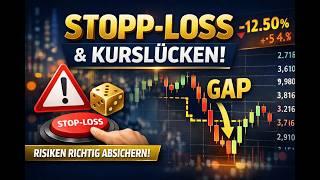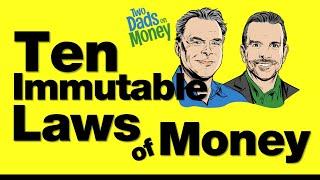| Joyless economies: Unregulated capitalism, slavery, and feudalism New videos DAILY: https://bigth.ink Join Big Think Edge for exclusive video lessons from top thinkers and doers: https://bigth.ink/Edge ———————————————————————————- Wealth inequality in modern capitalism creates a joyless economy for both the rich and the poor, says Yanis Varoufakis. Wealth inequality in a time of economic abundance makes society less civilized. More evenly distributed resources allow humans to create the literature, art and intellectual works that make human life richer. The universalized depression and stress caused by inequality is “incongruent with our fantastic advances at the technological level,” says Varoufakis. “It’s Yanis Varoufakis is the former finance minister of Greece and the cofounder of an international grassroots movement, DiEM25, that is campaigning for the revival of democracy in Europe. He is the author of And the Weak Suffer What They Must? and The Global Minotaur. After teaching for many years in the United States, Britain, and Australia, he is currently a professor of economics at the University of Athens. His most recent books are Talking to My Daughter About the Economy and Adults in the Room. YANIS VAROUFAKIS: Inequality has always been with us. Ever since we lived in the jungles we had brute force, brute power, determine the spoils. Civilization was all about moving away from that situation where brute strength and power determined the quality of life of the members of our species. That was the theory. To a very large extent we moved in that direction. This is something we should be very proud of. But we’re very, very far away from having created social relations between us, a legal framework, a way of organizing economic life that takes power out of the equation of civilization. Economic surplus is essential for humanity to develop. If we don’t have an economic surplus we cannot grow, not just physically but also spiritually; we cannot create new literature, we cannot create new film, we cannot create new theater. We need to have a surplus in order to be able to invest it in all those activities that make human life richer. But the question is who controls the surplus? And, of course, in societies that are very asymmetrical in terms of who owns the means of production – whether we are talking about slave-owning societies where there’s a few slave owners, or feudalism or capitalism, where you’ve got 0.1 percent owning most of the productive abilities or machinery and factories of production in society – they can, in order to preserve their property rights over those means of production, they use debt, they use political power and they use the monopoly position that their property rights afford them in order to skew the whole process of creativity of production in a manner that, for instance, in the case of the media world, we have 50 channels of rubbish to watch from. We have industries that are dedicated to producing things that we neither need nor want, destroying the planet in the process. We have billions of people there working like headless chickens driving themselves into depression and going home and crying themselves to sleep at night if they have a job. Or consuming antidepressants and becoming obese and seeing shrinks if they don’t have a job. In the end we have a joyless economy. Even those who are extremely powerful, in theory, the haves of the world are increasingly feeling insecure. They have to live in gated communities because they have fear all the have-nots out there that envy their wealth. And in the end, we have developed fantastic means of escaping need and escaping want which we are not putting to good use because in the end we are developing new forms of depravity and deprivation. And universalized depression – psychological depression – which is incongruent with our fantastic advances at the technological level. It’s a very silly way of organizing life. ?BigThink.com: https://bigth.ink |
Tags:




































